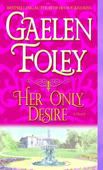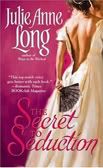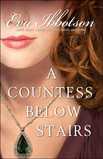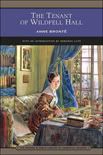MMKAY!
In historical novels, I'm generally pretty ambivalent to anachronisms. It's only if they're glaringly obvious (cars in 1810, or something stupid like that) that I get annoyed. The exception to this, however, is the word "okay." Nothing annoys me more than hearing the Earl of Wherever say "okay." Kills it for me every time.
So out of both curiosity and boredom, I looked up the origins of the word okay, something that people (especially Americans, methinks) use all the time. And according to Wikipedia (Wiki is always right!), the word popped up during the American Presidential election of 1840:
"In a second phase, O.K. was boosted by the 1840 presidential election, and thus marked to outlast the acronym fad from which it came. Democratic supporters of candidate Martin Van Buren equated "Oll Korrect" with "Old Kinderhook", which was a nickname for Van Buren, a native of Kinderhook, NY. In response, Whig opponents attributed O.K., in the sense of "Oll Korrect", to Andrew Jackson's bad spelling. Thus, the election popularized both O.K. and a folk etymology that the acronym came from Andrew Jackson." (Wikipedia.org)
So although I, personally, would avoid the use of "okay" if I were writing anything before the 20th century, I am now able to swallow its use in a book I'm currently reading, which is set in 1890. When the word became apart of our everyday vocabulary, though, is up for debate.
But, please, for the love of Baby Jesus, avoid using the word in Regency England, okay?






No comments:
Post a Comment